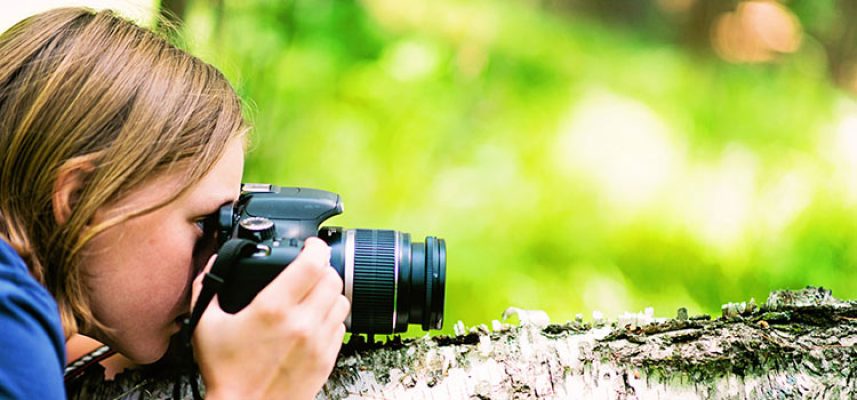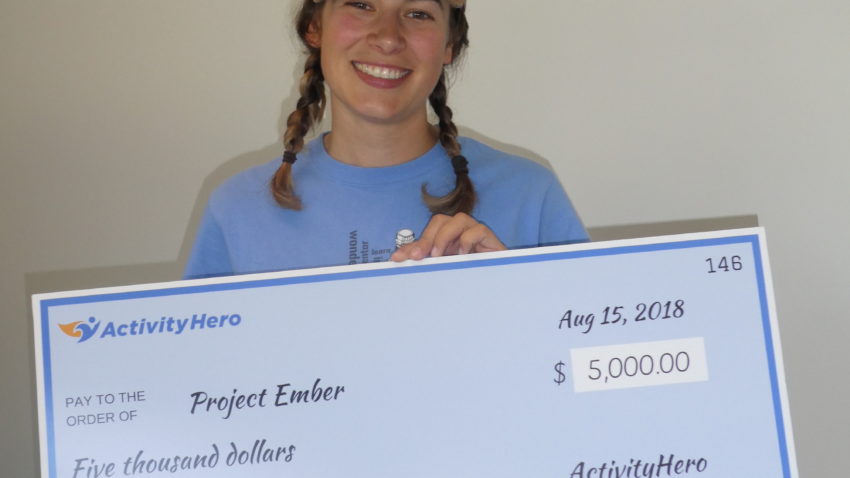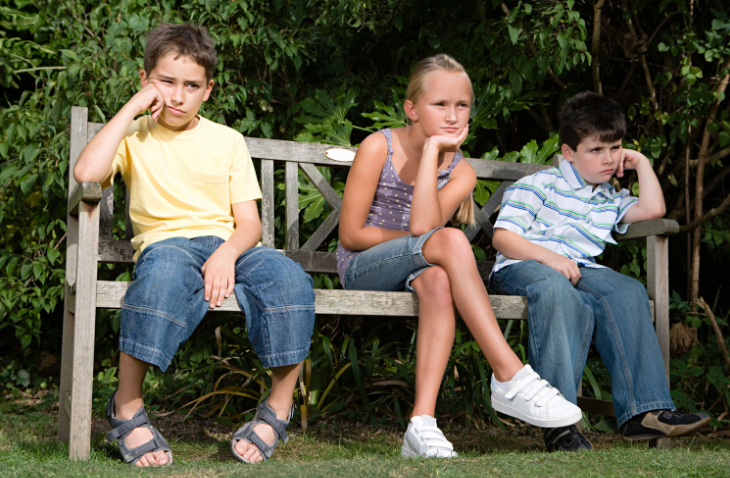With today’s technology — especially smartphones — kids of all ages are having fun capturing the world around them.
But your child is different. You aren’t really sure how it happened, but your one day your kid picked up a camera has been taking snapshots ever since. Or maybe your smartphone is filled with kids-eye-view photos of the world. Something tells you your child might just have a natural knack for visual arts. Maybe you have a budding photographer in the family.
So why not try a photography class?
I myself took multiple photography classes throughout high school and college, which allowed me to hone my passion for taking pictures and my skills of working a camera, both film and digital. Given my experiences, I know that when choosing a photo class for your child, it’s important to know exactly what you are looking for. You want them to be inspired, because that is when their best work is going to shine through and they will actually have fun. So here are a few things to think consider:
Where to Start
Consider what your goals are. Make a list of your priorities, and if your child is old enough, invite her to participate in the exploration. Do you just want your child to have a chance to take photos with friends? Or do you want her to learn specific skills? Do you want her to know how to use a DSLR camera? How to take a picture? What techniques make for a more unique photo: lighting, composition, shutter speed, etc.? And what about learning how to manipulate photos in PhotoShop?
Search for Classes Near You
Shameless plug alert: We recommend that you search for photography classes or summer camps on ActivityHero. Especially in the San Francisco Bay Area, you’ll find hundreds of options from lots of different teachers, so you can do a side-by-side comparison.
When you’re looking at the descriptions, refer back to the priorities on your list. (And if you don’t find the info you want, be sure to contact the provider by email or phone to ask more.) Look closely at the class level.
Another detail to look for: equipment lists. Some beginner-level classes don’t require much equipment, but you might be interested to see what’s involved with the more advanced classes at each location.
If you really want to be thorough, check out the work of the instructor teaching the program. This can give you an idea of his/her skills and focus. It isn’t necessary for them to be highly accomplished, but it will give you comfort knowing that they can implement the skills that they are teaching your children into their own work.
Don’t Underestimate the Value of Revisiting the Basics
It may seem too simple or boring to go over all the controls and features on a camera in a beginner class, but I recommend looking for classes that cover this info. If your kid doesn’t learn those things early, then she may never really be able use those settings properly and in turn will never fully unleash her photography skills. (I have taken three different beginner photography classes in my life just to refresh and master all of the settings on my camera. It isn’t hard to take a good photograph using the Automatic setting, but that isn’t where the art is.)
Look for a class that starts in the classroom and then quickly gets your kid an opportunity to try out the complex techniques. This really helps the material stick and might make it less “boring”. One of the best classes that I ever took did the first 20 minutes inside studying the concept of the day and reviewing pieces that mastered said concept, and then the rest of the class we were sent outside to practice what we had just learned. Then the next class would be used for reviewing and critiquing our work.
Ask the Right Questions
Here are some additional questions you might want to ask, depending on your child’s level of experience.
What to Ask for Beginners:
- Is this class for beginners?
- What is the ideal age group?
- What will they be learning?
- Do they need their own camera? Any other equipment?
- Is any outside work required?
- Are there other activities besides photography? (more common in camps to keep kids entertained)
What to Ask for Intermediate Photographers:
- How much experience is needed?
- What concepts should they know already?
- Aside from a DSLR camera, are there lenses or other specific equipment required?
- Is Photoshop provided or do they need their own computer/license?
- Are the photos critiqued or graded?
- Is a portfolio created in the end of the session?
- Does the instructor have any freelance or scholarship opportunities/contacts upon completion?
Finalizing Your Choice
Once you’ve gotten through your exploration, take a step back and do a gut check. This is where your child’s interests are going to play a major role in the decision. As mentioned before, one of the most important parts of photography is inspiration. If what your child is being asked to shoot doesn’t inspire them at all, then they probably aren’t really going to enjoy the program. When it’s time to go out and take photos, what will be the focus? Some classes highlight urban settings, nature, black and white photography, portraits, sports, and more. As they get older and more experienced, there are even options to travel internationally — which can really spark creativity.
From beginners to advanced photographers, there are camps and classes available to help any budding photographer master a passion for snapshotting the world around them. It is just a matter of a little research and questioning to find the perfect photography course for your child! Check out these photography classes and camps offered in your area!


















